Tangail, July 7 (V7N) – The widespread use of so-called "China Nets" in the wetlands, rivers, and canals of Ghatail upazila is posing a serious threat to Bangladesh’s native fish species and aquatic biodiversity. These unregulated fishing devices—illegal yet commonly used—are capturing not only mature fish but also egg-bearing females, hatchlings, and various aquatic organisms, disrupting the ecological balance of the region.
Field visits to locations such as Hamidpur Bazar, Sagardighi, Garobazar, Dhalapara, and Pakutia revealed that these nets are being sold openly in local markets. Constructed with iron rods and fine mesh, China Nets measure about 1 to 1.5 feet in height and 60 to 90 feet in length. Their trap-like box design allows fish and aquatic life to enter from both ends but prevents escape, sweeping up nearly everything in their path.
Priced between Tk 2,000 to 10,000, depending on size and quality, these nets are popular among local fishermen due to their low cost and high catch rates. However, they indiscriminately capture all aquatic species including native fish like tengra, taki, magur, shing, chela, chingri, and even amphibians like frogs and snakes. The ecological damage is already visible in water bodies like the Tok River, Banshai River, and Chapra Beel, where around 30 to 40 fishermen are actively using these nets daily.
Fisheries experts warn that if the use of China Nets is not stopped immediately, it may lead to the extinction of several native fish species, disrupt the reproduction cycles of aquatic animals, and severely damage aquatic plant life and biodiversity.
Ghatail Upazila Fisheries Officer Khadija Khatun confirmed the issue, stating, “We have informed the local administration, and enforcement actions will be taken soon.”
The unchecked spread of these destructive fishing methods underscores an urgent need for stronger regulation, public awareness, and enforcement to preserve Bangladesh's rich aquatic ecosystems.
END/BKC/SMA/



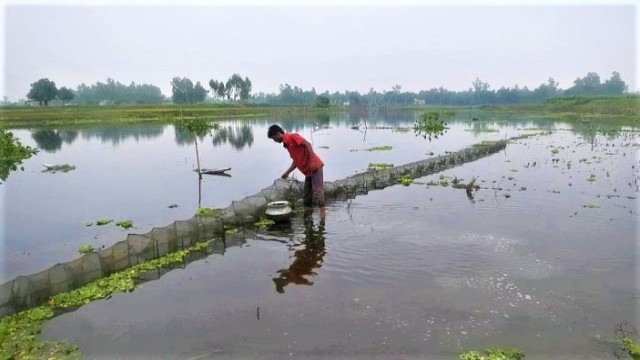
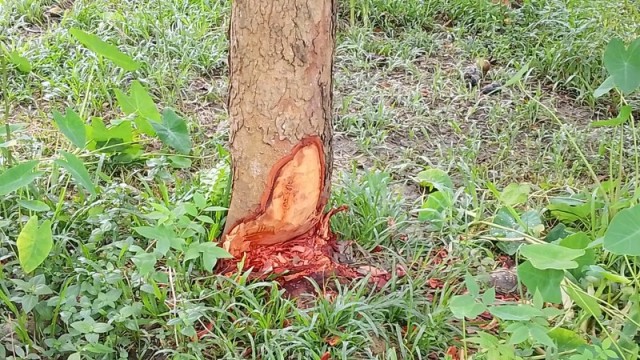




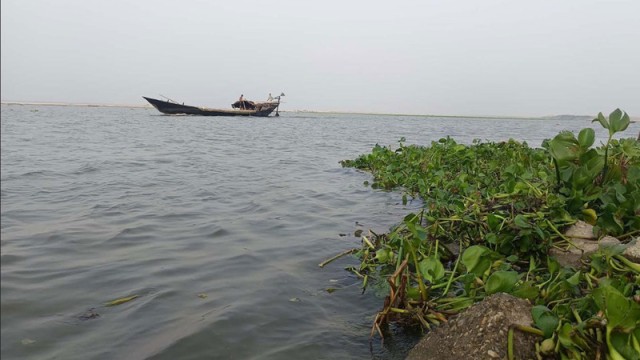



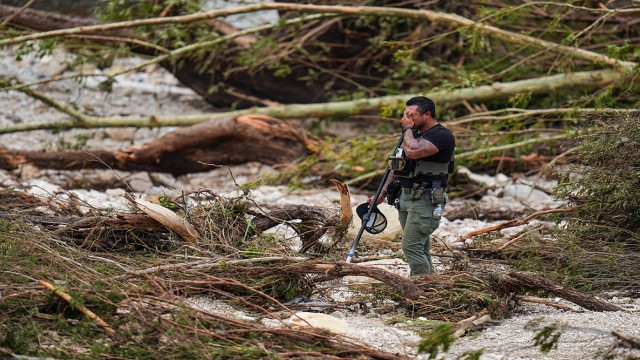













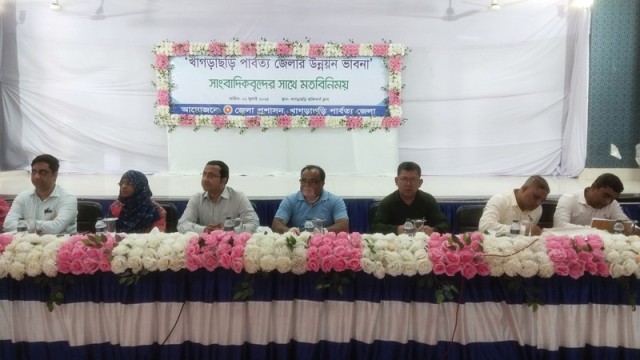


Comment: